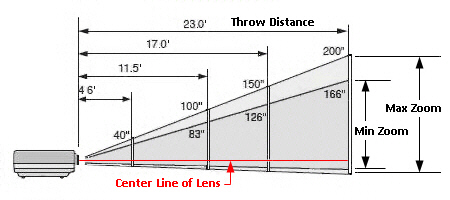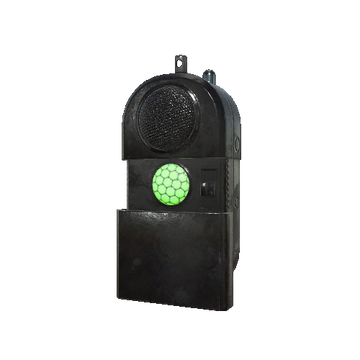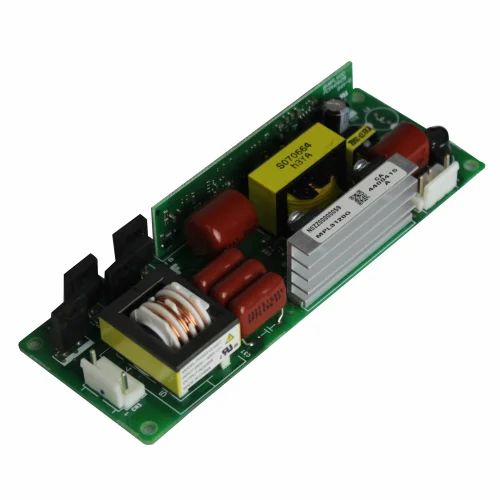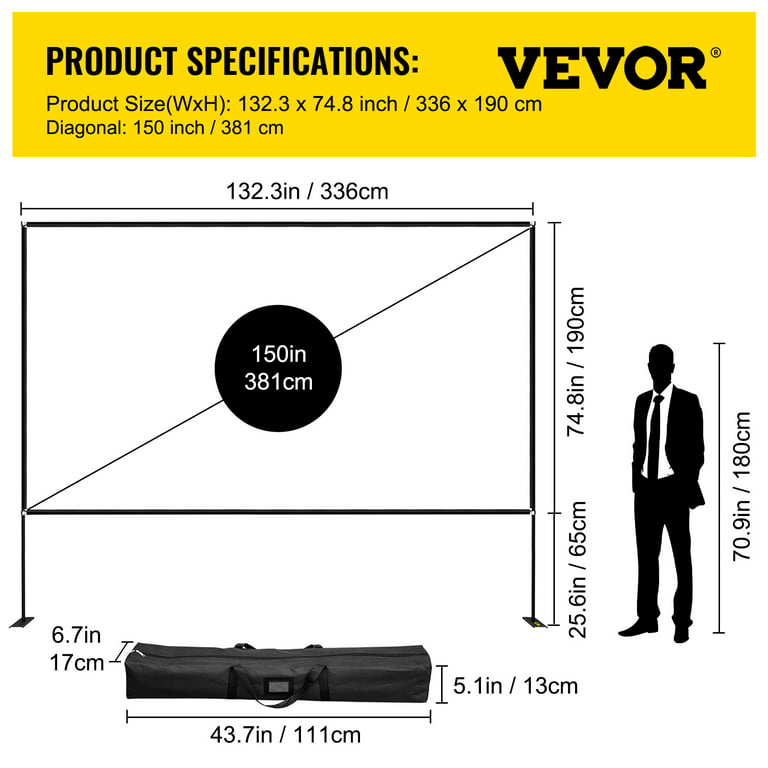Can Smartwatch Really Detect Health Issues?
Smartwatches
have evolved from simple step counters into multifunctional health companions.
What started as a tool to track daily activity has now expanded to include
heart monitoring, sleep analysis, and even features that can detect irregular
health events. This shift has given many people the confidence to pay more
attention to their wellbeing in everyday life. With sensors built directly into
the watch, health monitoring has become accessible without extra equipment.
Families, athletes, and seniors alike can benefit from having real-time data
right on their wrists. In this article, we will explore how smartwatches track
health, what they can detect, and how to interpret the information responsibly.
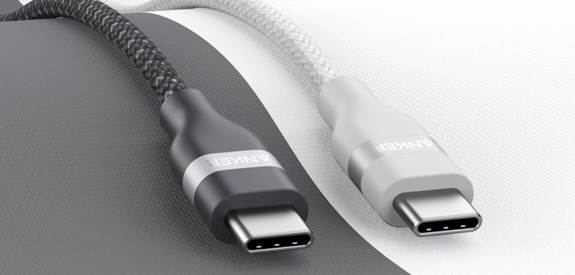
How Smartwatches Monitor Your Health
Optical Heart Rate Monitoring
One
of the most common health features on smartwatches is optical heart rate
monitoring. This technology uses light sensors on the back of the watch to
measure changes in blood flow under the skin. Each pulse of blood creates a
small variation in how light is absorbed, which the watch then interprets as
heart rate data. For everyday use, this method is reliable enough to track
resting heart rate, exercise intensity, and stress patterns. However, it is
important to wear the watch properly to achieve accurate readings. A loose fit
may cause signal loss, while wearing it too tightly may affect comfort and
restrict movement. For most daily activities, optical sensors offer a
convenient and fairly precise way to keep track of cardiovascular health.

ECG and Blood Oxygen Tracking
Beyond
heart rate, some smartwatches now include ECG (electrocardiogram) features and
blood oxygen monitoring. The ECG function can record the electrical activity of
your heart by guiding you to place your finger on the crown or frame of the
watch. This produces a short reading that can indicate irregular heart rhythms,
providing useful insights for those monitoring cardiovascular health. Blood
oxygen tracking, also known as SpO₂ measurement, uses light sensors to estimate
how much oxygen is carried in your bloodstream. These readings are especially
helpful at night, during exercise, or for people living at higher altitudes.
While these tools are not replacements for professional medical tests, they
provide an accessible way to stay more aware of your body’s condition and
recognize when something might require further attention.
What Health Issues Can Smartwatches Actually Detect?
Irregular Heart Rhythms and Atrial Fibrillation (AFib)
One
of the most valuable health detection features on smartwatches is the ability
to identify irregular heart rhythms, such as atrial fibrillation. The watch’s
sensors continuously monitor your heartbeat, and if they detect an unusual
rhythm, they can send an alert. This early signal can encourage you to seek
medical advice before symptoms become more serious. For many people, AFib may
go unnoticed without constant monitoring, making this feature especially
useful. While it cannot replace a doctor’s diagnosis, the smartwatch acts as a
warning system, providing peace of mind and potentially supporting early
intervention. For everyday users, knowing your watch may detect irregularities
is reassuring and promotes a more proactive approach to health.
Sleep Disorders and Blood Oxygen Variations
Smartwatches
also monitor sleep patterns by combining heart rate data, movement sensors, and
blood oxygen levels. These readings can highlight whether you are experiencing
deep, light, or restless sleep stages. Low blood oxygen readings during the
night may suggest breathing disturbances, which could be linked to conditions
like sleep apnea. By showing patterns of poor sleep or irregular breathing,
smartwatches encourage individuals to take rest more seriously. For people who
often feel tired despite spending enough hours in bed, this data can provide
useful insights to discuss with a healthcare provider. Understanding these
trends helps you adjust habits, such as improving bedtime routines, while
giving you a clearer picture of your overall wellbeing.
Fall Detection and Emergency SOS Features
Beyond
internal health monitoring, smartwatches can also detect sudden impacts or
falls. Using built-in motion sensors, the watch identifies unusual movements,
such as a rapid downward drop followed by stillness. If the wearer does not
respond to an alert within a set time, the watch can automatically send an SOS
to chosen contacts or emergency services. This feature is particularly helpful
for seniors living independently or individuals with certain health conditions.
For families, knowing that their loved one has an extra layer of protection
brings comfort. The practicality of this tool lies in its ability to respond
quickly during unexpected moments, ensuring help is on the way even when the
person cannot call for assistance themselves.
Understanding When to Trust the Data
While
smartwatch health features are advanced, it is important to understand how and
when to trust the data. These devices are designed for general wellness and
early detection, not as substitutes for professional diagnosis. For instance, a
single unusual heart rate reading may be caused by temporary stress or
movement, not a medical condition. Instead of focusing on one-off results, it
is better to look at trends over time. Consistent patterns of irregular
readings are more meaningful and can guide you to consult a healthcare
professional. At the same time, using smartwatch data can encourage healthier
habits by making you more aware of your body’s daily responses. With a balanced
perspective, the information provided by these devices becomes an empowering
tool rather than a source of unnecessary worry.
Conclusion
Smartwatches have grown into reliable companions that support daily health awareness through heart monitoring, sleep tracking, and even fall detection. These tools empower people to stay mindful of their wellbeing, offering gentle reminders and early alerts when something may need attention. For those seeking both accuracy and style, the Huawei watch gt6 pro stands out, with health data that is highly dependable, trustworthy for daily reference, and matched with a refined design. It is a device worth exploring if you want technology that works as both a health tool and an elegant everyday accessory.

